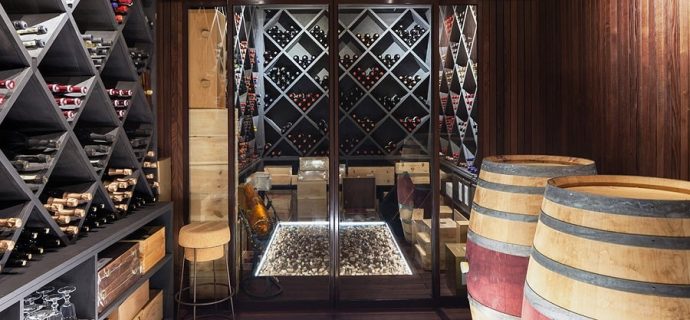Trading in Taste: The Business Case for Buying Wine

Entrepreneurs and people in the business community generally are often to be seen milling around wine warehouses or even contemplating the various reds and whites that adorn the shelves of the local store – but why?
Wine, of course, is a sophisticated drink. Sipping a fine wine when in polite society contrasts favorably with the coarseness of swilling beer or the grim resolution of imbibing strong spirits, but is there anything more to it than making a social statement?
The UK-based Social Issues Research Centre seems to think so. It refers to “situation drinking”, which kind of figures if you think about the kind of environment where business is discussed. Receptions surrounding presentations and gatherings or business dinners would both seem appropriate settings for the consumption of wine. So not much to see perhaps.
Wine as a Thank You Gift for Your Loyal Customers
If you run a small business it is sometimes a good idea to keep a few bottles of wine to give to your best and most loyal customers on special occasions as a token of your appreciation for their continued support. It doesn’t cost much, yet it is a surprisingly effective way of keeping close to their heart. It shows them you care, and emotionally it makes it harder for them to break away if what they had been thinking of doing. You can purchase a pack of decent wine at a reasonable price and keep it hidden away somewhere safe until an appropriate occasion arises. Even Forbes considers this an excellent idea.
Investment in Wine as a Commodity with Value
Of course there is another, entirely different reason why certain people in business buy wine, and it has little to do with hospitality or with demonstrating gratitude. For some it is actually a commodity purchased not for the purpose of refreshment but for its untouched and undisturbed value.
Good wines of particular vintage by definition become scarcer each and every time somewhere in the world a bottle is opened. Although it is not invariably the case, this tends them to appreciate in worth and as such creates a salable asset. This is why investment journals and specialists of every size and shape fully recognize wine as a trading commodity every bit as much as precious stones or metals.
Wine Is Fine, but Be Sure the Occasion Is Right
If you are going to purchase wine as an investment asset it would be a good idea to keep it separate from the party drinks and the presents, for pretty obvious reasons. After all as any good entrepreneur will know, pleasure and business are two entirely different disciplines, and you are unlikely to love any of your clients enough to send them home amply fortified by the contents of a ten thousand dollar investment. And if you think that was an embarrassing mistake to have made, just wait until you try to trade your bottle of Blue Nun at the auction!
